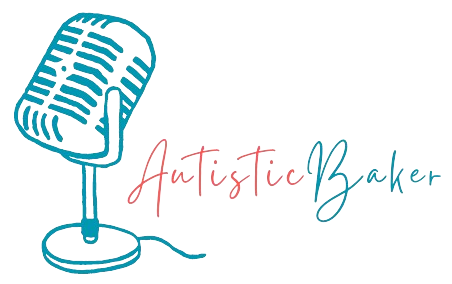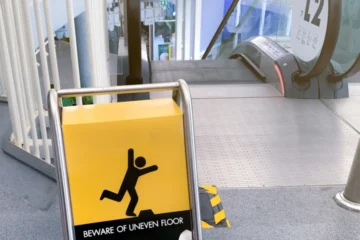Discovering or even suspecting that a child is being abused in foster care is an emotional and deeply disturbing experience. Whether you’re a teacher, neighbor, family friend, or concerned relative, the instinct to protect kicks in fast—but so does confusion about what to do next. You don’t want to jump to conclusions, but you also can’t afford to stay silent.
Foster care is meant to be a safe haven for children who’ve already faced trauma, yet not every placement ends up being safe. Sadly, some foster homes fail to protect vulnerable kids, and in the worst cases, abuse happens behind closed doors. That’s why understanding the warning signs and knowing how to respond is critical—not just for legal reasons, but for the child’s immediate safety and long-term well-being.
If you’re unsure where to start, connecting with experienced foster care sexual abuse lawyers can be a crucial step. These professionals are trained to handle sensitive cases, guide families through investigations, and hold abusers—and the systems that enabled them—accountable.
Let’s walk through the specific actions you should take if you suspect something is wrong.
Recognize the Red Flags
Not every child will speak out about abuse—many feel threatened, ashamed, or confused. That’s why the burden often falls on observant adults to notice the warning signs. These may include:
- Sudden changes in behavior or mood
- Unexplained bruises, injuries, or medical issues
- Withdrawal from friends or activities
- Fearfulness around specific people or locations
- Regression in behavior (bedwetting, nightmares, etc.)
One or two of these signs on their own may not confirm abuse, but patterns should never be ignored.
Report Your Concerns Immediately
If you suspect abuse, report it. In many states, any adult who suspects child abuse is required by law to report it—not just mandatory reporters like teachers or healthcare workers.
Call your state’s child protection hotline or the Department of Children and Family Services (DCFS). You can make an anonymous report, but providing detailed and accurate information will help investigators act more quickly.
Your report might be the first step in removing a child from a dangerous situation.
Document What You Observe
Write down everything. Dates, times, behaviors, statements the child makes—any details you notice can become critical evidence later. If you witness injuries or behavioral changes, note them with as much context as possible.
This documentation could support social workers, law enforcement, or attorneys if a case moves forward. In situations of potential abuse, even small observations can make a big difference.
Legal Help Can Protect the Child—and Prevent Future Harm
Once abuse is suspected and reported, the next step is ensuring the child’s safety and pursuing justice. That’s where legal professionals play a key role.
Foster care sexual abuse lawyers are not only skilled in handling delicate and complex cases, but they also understand how to work with families, child advocacy organizations, and investigators. They can help you:
- Navigate foster care laws and reporting procedures
- Advocate for protective custody or removal
- File lawsuits against agencies or individuals responsible for the abuse
- Push for broader changes in foster care oversight and accountability
Final Thoughts
Suspecting abuse in foster care is heartbreaking—but acting on your instincts can make all the difference. Don’t wait for “proof.” If your gut is telling you something is wrong, report it. Seek legal help. Protect the child, and hold the responsible parties accountable.
Every child deserves to feel safe, seen, and protected. Your actions could be the turning point that gives a vulnerable child their voice—and their future—back.



